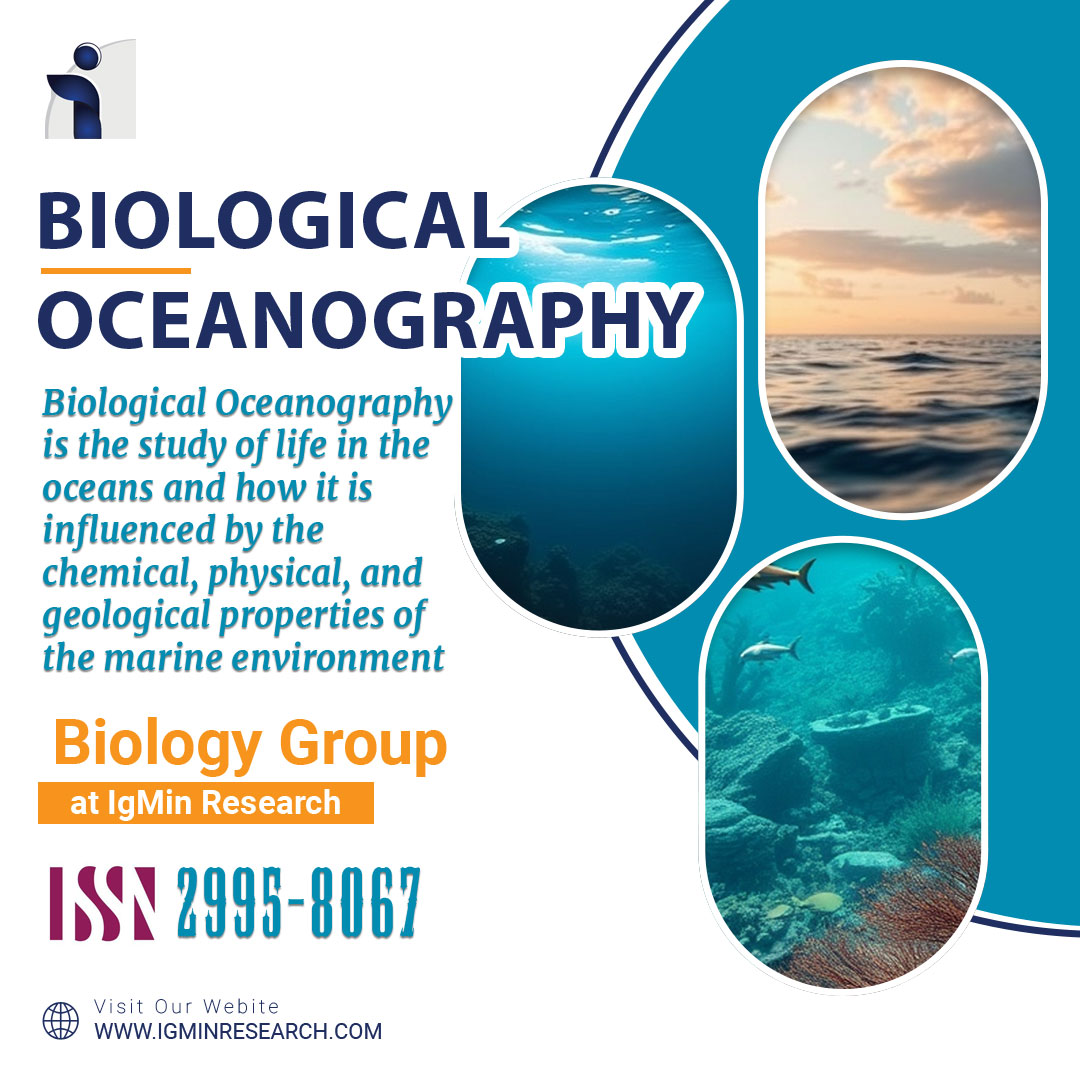About
Biological Oceanography is an interdisciplinary field that explores the life processes and interactions of marine organisms within the dynamic context of oceanic environments. This field bridges marine biology, ecology, and oceanography to investigate the distribution, behavior, and ecosystems of life in the oceans. Biological oceanographers study everything from microscopic plankton to massive marine mammals, unraveling how these organisms interact with each other and with their environment.
The scope of biological oceanography extends to understanding nutrient cycling, primary productivity, and the impact of physical and chemical oceanic conditions on marine life. This research is critical for addressing global challenges such as climate change, ocean acidification, and biodiversity loss. By studying the intricate balance of marine ecosystems, biological oceanography contributes to sustainable resource management and the preservation of the health and biodiversity of our oceans.

PUBLISH YOUR RESEARCH
We publish a wide range of article types in biology, medicine and engineering with no editorial biases.
SubmitSee Manuscript Guidelines and APC
Explore the IgMin Subjects
Which articles are now trending?
Research Articles
- The Impact of Stress on Periodontal Health: A Biomarker-Based Review of Current Evidence
- Correlation between Different Factors of Non-point Source Pollution in Yangtze River Basin
- Knowledge Discovery on Artificial Intelligence and Physical Therapy: Document Mining Analysis
- A Machine Learning-based Method for COVID-19 and Pneumonia Detection
- Contamination in Heat Exchangers: Types, Energy Effects and Prevention Methods
- The Lukala Cement Plant's Life Cycle Analysis: Towards a More Sustainable Production
Advertisement






